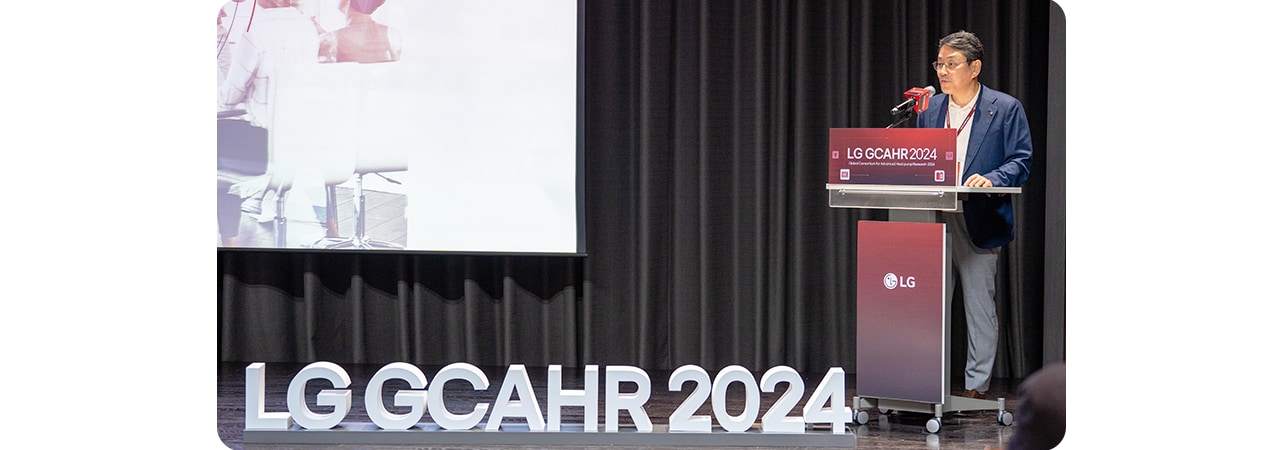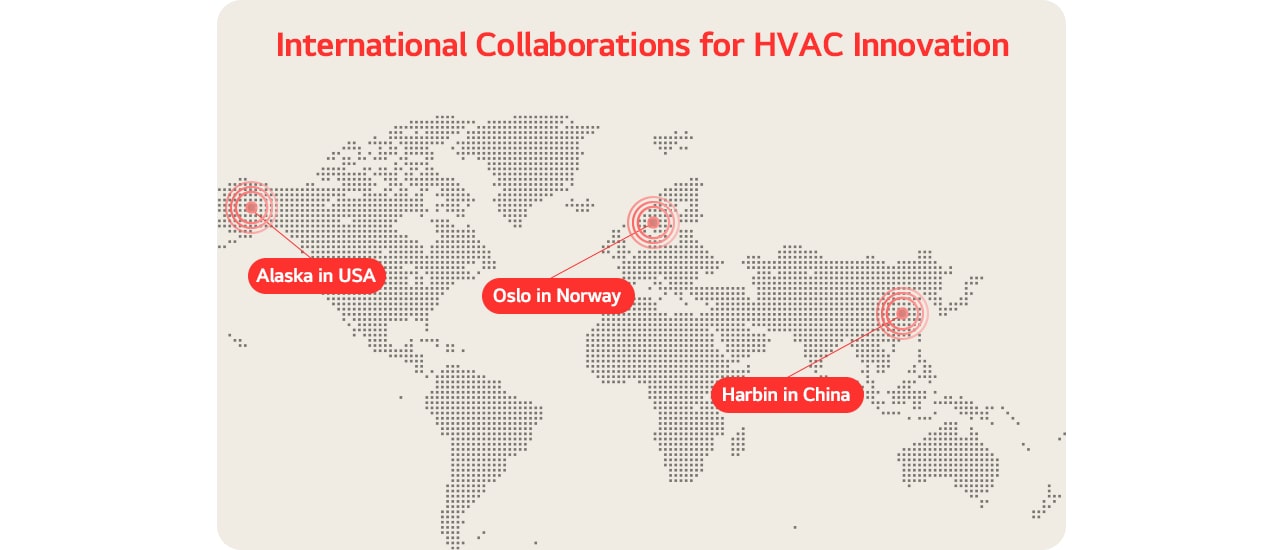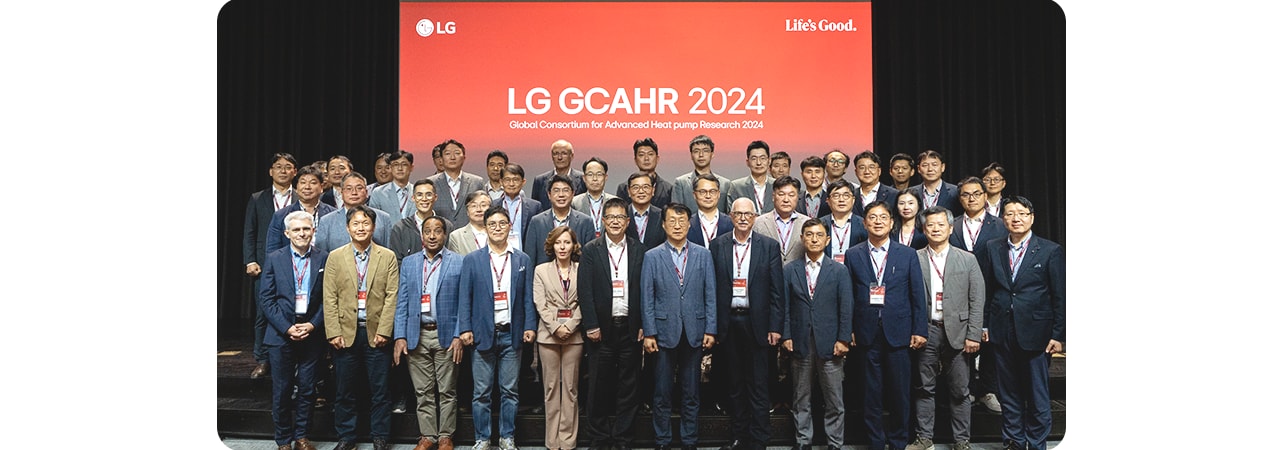We use cookies, including cookies from third parties, to enhance your user experience and the effectiveness of our marketing activities. These cookies are performance, analytics and advertising cookies, please see our Privacy and Cookie policy for further information. If you agree to all of our cookies select “Accept all” or select “Cookie Settings” to see which cookies we use and choose which ones you would like to accept.
LG Electronics hosted the first-ever meeting of the Global Heat Pump Consortium in Seoul, South Korea, from September 23-26. This event marked a significant milestone in LG’s efforts to advance heat pump technologies capable of handling even the harshest climates. By partnering with top universities worldwide, LG aimed to drive innovation in heating, ventilation, and air conditioning (HVAC) systems while supporting the global push for electrification and decarbonization.







